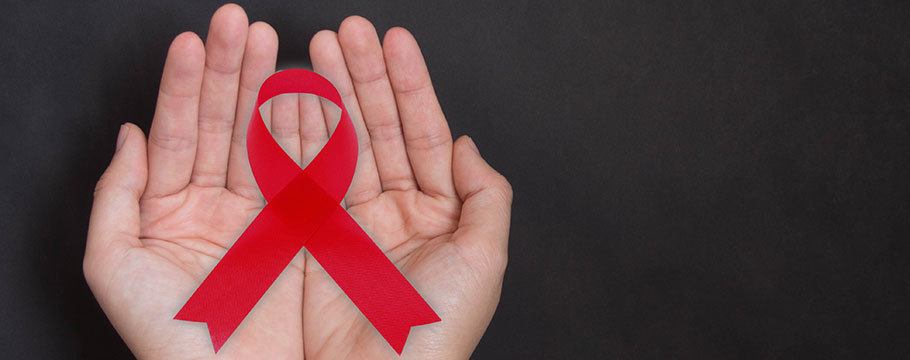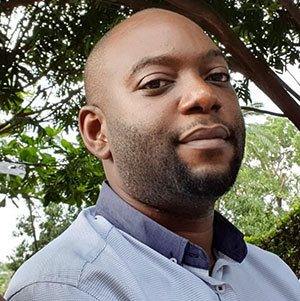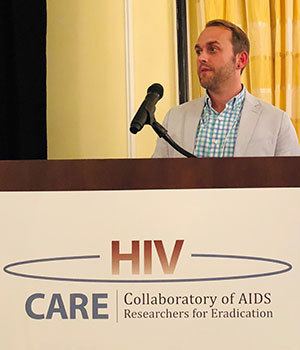
World AIDS Day

Employees reflect on PPD’s role in the quest to eradicate HIV.
“Like most people in Malawi, I have lost close relatives to HIV, most at a time when treatment options were few to nonexistent and a diagnosis was viewed as a death sentence,” says John Lino, senior clinical research associate. “One of the reasons I joined PPD was to be part of a team working to develop health care solutions that directly benefit my community and to be able to witness the positive impact it has.”

PPD’s government and public health services (GPHS) group has been at the forefront of this fight by supporting several important HIV/AIDS studies in Malawi. One such study John is working on is the first large-scale clinical trial of a long-acting HIV pre-exposure prophylaxis (PrEP) injectable drug. If found to be safe and effective, this injectable might be a simpler and more discrete alternative to daily oral drugs currently approved in some countries.
This would provide improved PrEP solutions for those vulnerable to HIV acquisition due to poverty, culture, illiteracy, volatile food security, and mobility for economic opportunities and a fragile economy.

As challenges adhering to preventative measures as well as treatment regimens remain a major problem in many areas of the world, these new tools that are being developed can increase the acceptability and usability of solutions in the fight against HIV/AIDS.
As World AIDS Day (1 December) approaches, employees of GPHS recognize the contributions PPD and our global research partners have made in fighting this infectious disease and in working to end AIDS by 2030, a goal set by the World Health Organization.
Michael Wilson, clinical team manager (CTM) and community advisory board member for Collaboratory of AIDS Researchers for Eradication (CARE), takes pride in serving as a voice for the lesbian, gay, bisexual, transgender and questioning and/or queer (LGBTQ) community, which HIV disproportionately impacts. CARE, funded by the National Institute of Allergy and Infectious Diseases (NIAID), part of the National Institutes of Health (NIH), is a collaboration of leading scientific experts from research institutions, pharmaceutical companies and laboratories that are working together to find a cure for HIV. The board Mike is a member of acts as a bridge between the investigators who write the protocols and potential clinical trial participants.
“The primary reason I came to work for PPD in 2013 was its vast experience with HIV studies,” says Michael. “I have the opportunity, as a CTM, to work on the NIAID Clinical Site Monitoring contract with NIAID’s Division of AIDS. I am fortunate to be able to align my role at PPD to my personal passion of community engagement and advocacy until there is a cure.”
Through years of experience and partnership, PPD has supported trials designed to find effective antiretroviral therapies (ART) to control and help prevent transmission of HIV. ART taken as PrEP by people at risk for HIV acquisition has been shown to be highly effective.
Between 2000 and 2018, new HIV diagnoses fell by 37% worldwide through ART, education and national HIV programs.
“In Malawi we have seen a significant reduction in mortality and new cases thanks to the HIV/AIDS treatments developed as a result of the dedicated people working in clinical research,” John explains. “Early on there was also a lot of superstition in the community around HIV/AIDS and distrust of medical intervention, which exposure to clinical research has helped to dispel and demystify. It has allowed for greater acceptance of interventions and prevention programs.”
On all levels, employees in GPHS are committed to help lead the way in meeting the 2030 deadline to end this disease.
The NIAID Clinical Site Monitoring project is funded by the National Institute of Allergy and Infectious Diseases, National Institutes of Health, Department of Health and Human Services, under Contract No. HSN272201700004C.